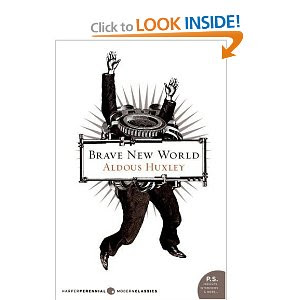
Before I begin my review - which I may as well say from the start is not good - let me begin with what I do like. Firstly, Ms. Niffenegger is a gifted writer. I hope she does not get discouraged by some of the negative responses to her sophomore novel. The Time Traveler's Wife was unlike anything ever written, and if she never puts pen to paper again, she would still have secured herself a place in literary history with that wonderful book.
Ms. Niffenegger is creative (a former art student, her drawings decorate the pages of Her Fearful Symmetry). She is unafraid of strange plots. She is brilliant at character development and can craft sentences that should be taught to creative writing students around the globe. And yet....
Her Fearful Symmetry tell the story of two sets of identical twins - two sisters and the daughters of one of those sisters. From the word 'go' it is hinted that the mother/aunt set have some terrible secret they are hiding. When this secret is revealed it is anticlimactic - not to mention obvious - and also adds nothing to the story. It's an uninteresting and unbelievable subplot overshadowed by an uninteresting and unbelievable main plot.
One of the elder sisters, Elspeth, dies and leaves her London flat to her nieces, the twin daughters of her sister Edie. In her will, Eslpeth dictates the girls must live there for a year - why this is her wish is unclear. The twins' new home is adjacent to a cemetery, which proves useful later on, as the story takes a madcap turn. When the girls move in, they soon discover three things: One, their neighbors, Martin and Robert, are both interesting men with whom they form relationships. Two, the apartment is haunted by the ghost of their aunt. And three, the quasi-incestuous, too-close-for-comfort sisterly bond they share is threatened by the newly found independence of one of the twins. Julia, the more dominant twin, wishes to have her sister by her side all the time and never do much except hang out together in the apartment. Valentina, the seemingly more meek twin, finds that it is impossible for her to form her own identity or assert herself in any way as long as she is joined at the hip to her sister. She therefor concocts a very, very ill advised plan for how she can ditch her sister once and for all.
It is at this point that the tale goes form being somewhat dull and a little uneven to being so incredible one cannot get past the oddities and enjoy the story. The sequence of events calls for a suspension of disbelief that I simply could not handle - and i didn't care enough about the characters to even want to. Valentina behaves in a way that is so selfish, thoughtless, juvenile and absurd it defies description. And the scenes during which she is with Robert in her "altered" condition are painful and twisted.
Believing that a man suffers form a condition which causes him to time travel is easy. Believing what Ms. Niffenegger asks us to believe in Her Fearful Symmetry is not. Having said that, there is a lot of beautiful writing here. The book evokes a mood and feeling that is distinct. And the story - flawed as it was - gets points for originality. The characters, while not likable at all - with the exception of Martin, who seems superfluous to the story - are well drawn. When Ms. Niffenegger's next book is released I will read it because I am still a believer in her talents. Nobody can pitch a perfect game every time.



